
7. Heat and avoiding ice cream
We have long known the flu virus doesn’t survive well outside the body during the summer, but as yet we don’t know how heat impacts the new coronavirus. This has not stopped some from giving advice ranging from the erroneous to the ridiculous. For recommending drinking hot water to taking hot baths, or astonishingly, using a hairdryer to destroy the virus.
One social media post, falsely attributed to Unicef, has claimed that drinking hot water and exposure to the sun will kill the virus, and says ice cream is to be avoided. Charlotte Gornitzka, who works for Unicef on coronavirus misinformation, has roundly debunked such assertions.
She released a statement saying “A recent erroneous online message…purporting to be a Unicef communication appears to indicate that avoiding ice cream and other cold foods can help prevent the onset of the disease. This is, of course, wholly untrue.”
Professor Bloomfield adds her assessment, stating that trying to heat your body or expose yourself to the sun, presumably to make it inhospitable to the virus, is completely ineffective. Once the virus is in your body, there’s no way of killing it, your body just has to fight it off.
She continues, outside the body, “to actively kill the virus you need temperatures of around 60 degrees [Celsius]”. This temperature is far hotter than any beverage, bath or hairdryer. Having a hot bath or drinking hot liquids won’t change your actual body temperature, which remains stable unless you are already ill.
One good piece of temperature advice is to wash your bed linen or towels at 60C as this can kill any viruses in the fabric.
Comment below if you have heard of any other fake remedies or cures not listed here and keep visiting us here at healthyhabits to stay up to date with the latest coronavirus advice, tips and news.



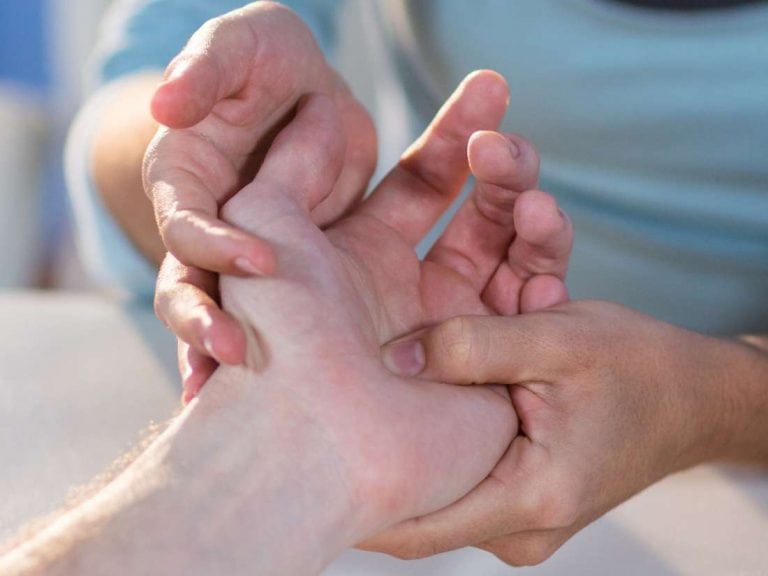

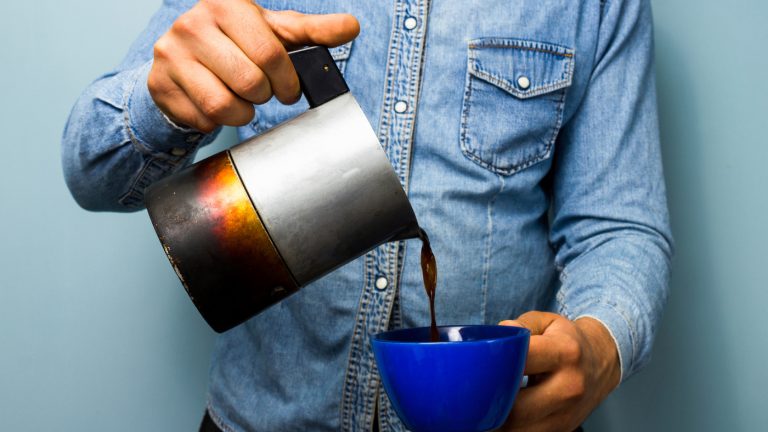
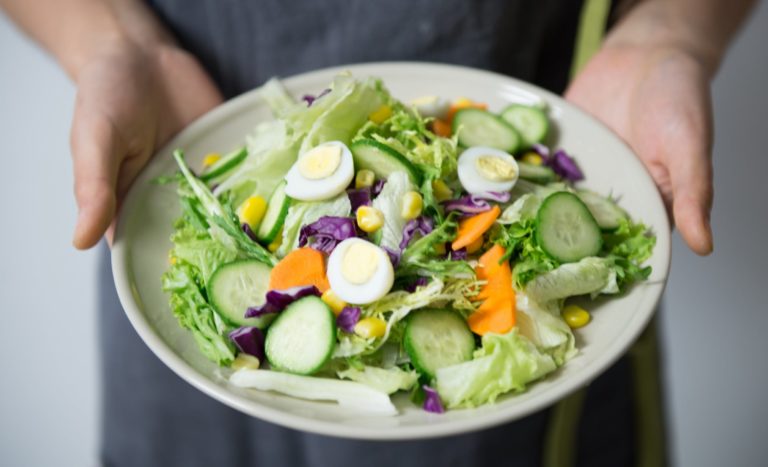
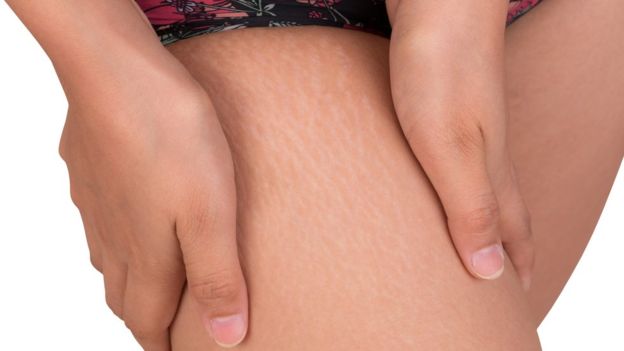

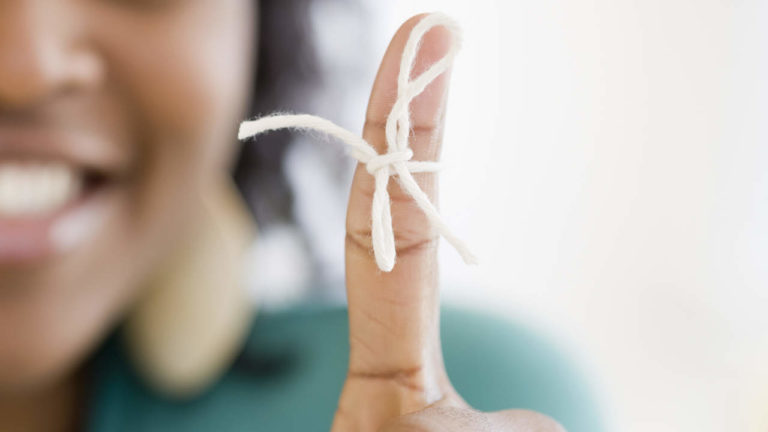
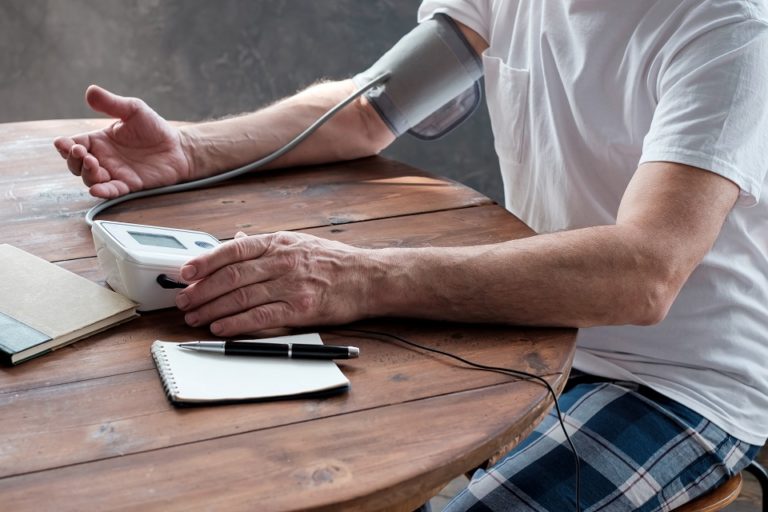

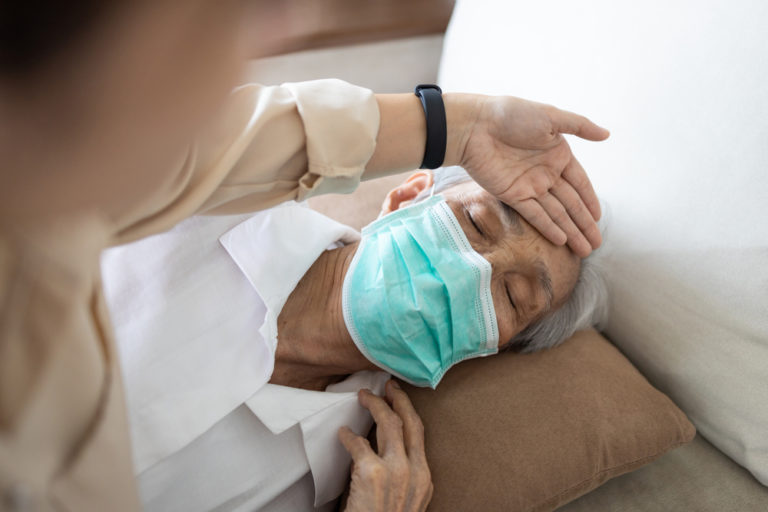
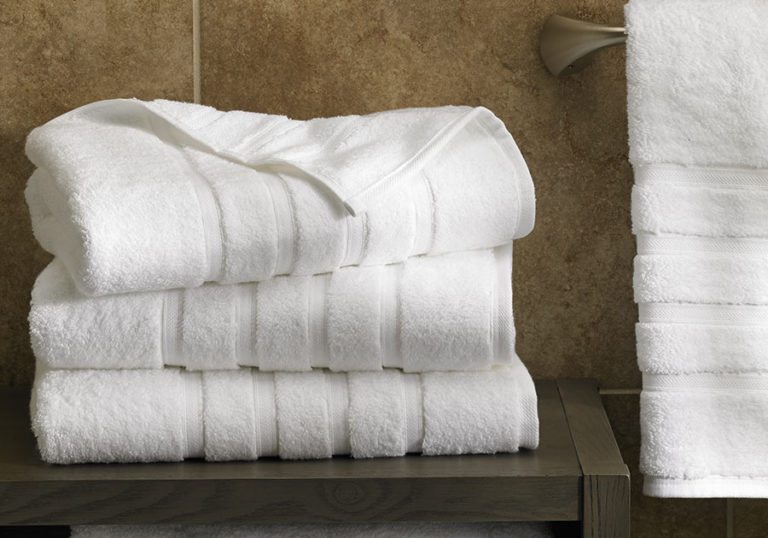

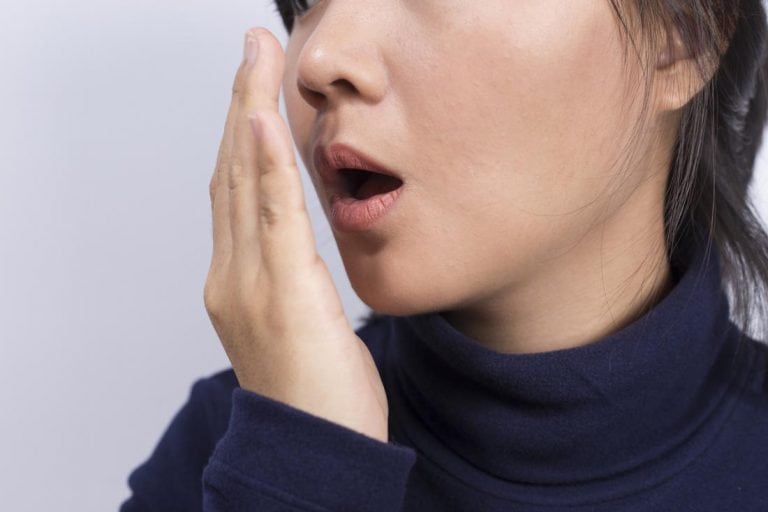
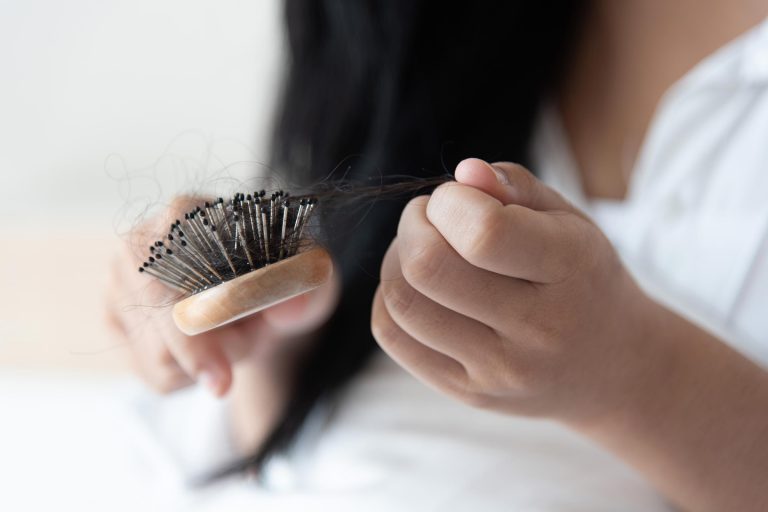
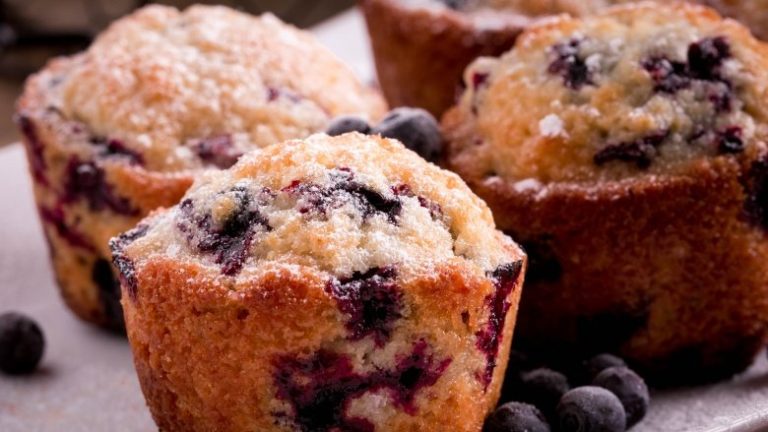








2 thoughts on “Avoiding Fake Coronavirus Health Advice Online – 7 Things You Need to Know”
I read that if you put lemon slices in hot water and drinking it will kill the corona virus
Re: Homemade sanitiser: You can use vodka, but it must be over-proof (151 or 75.5% alcohol)
Use : 2/3 c. overproof vodka (or 60+% rubbing alcohol) and 1/3 c. aloe vera gel or veg.based glycerin
(I mix the two for the 1/3 cup).